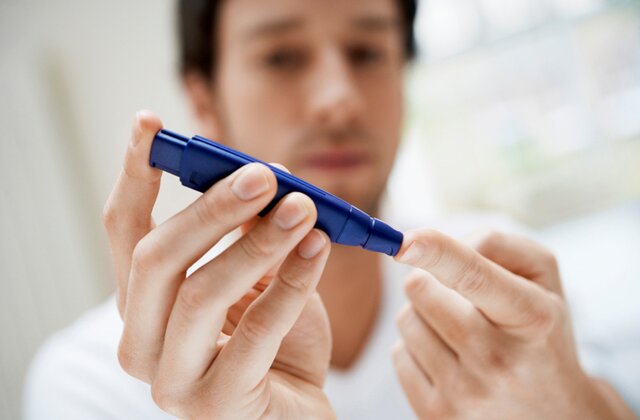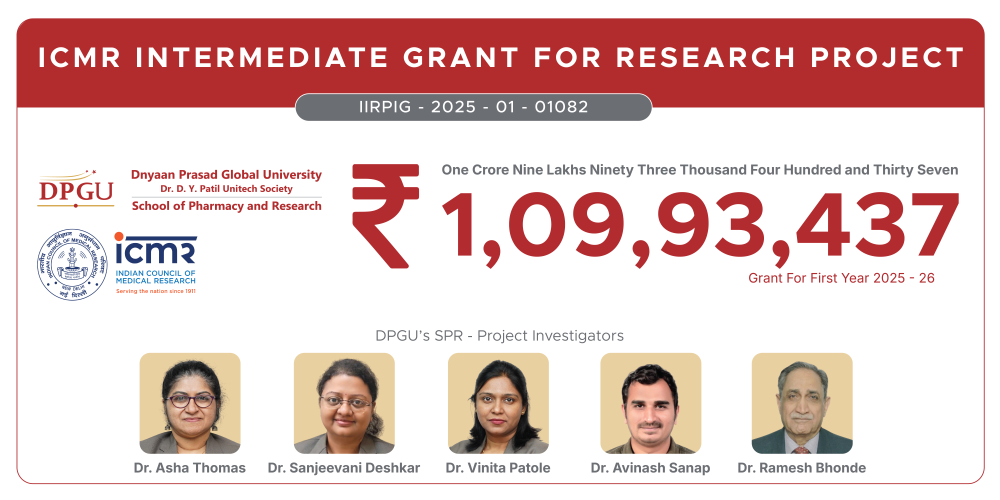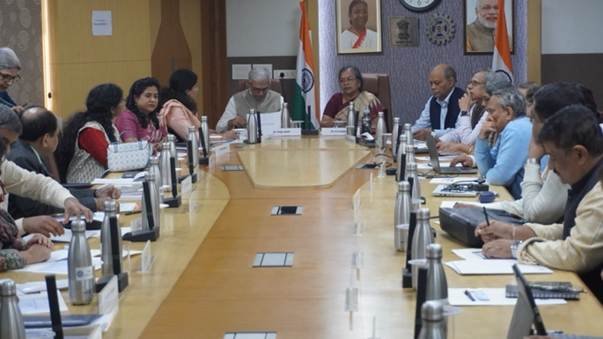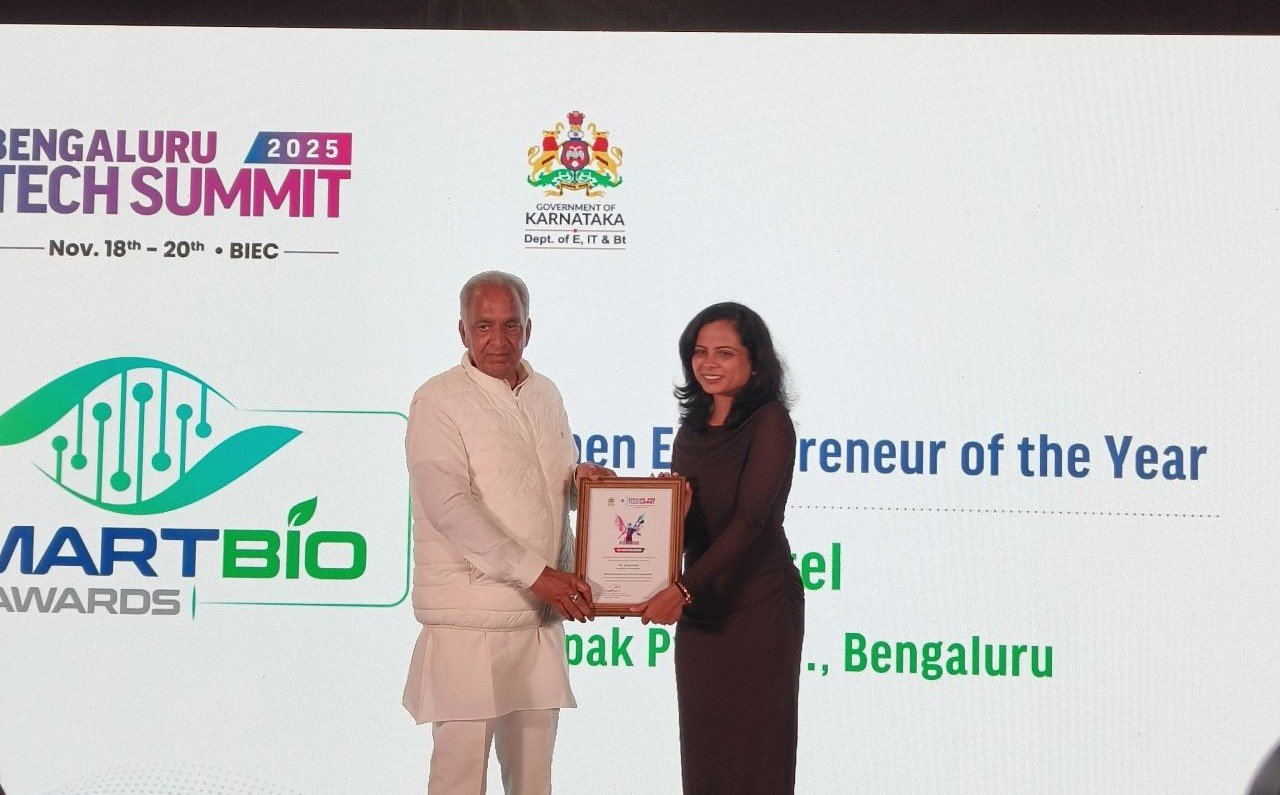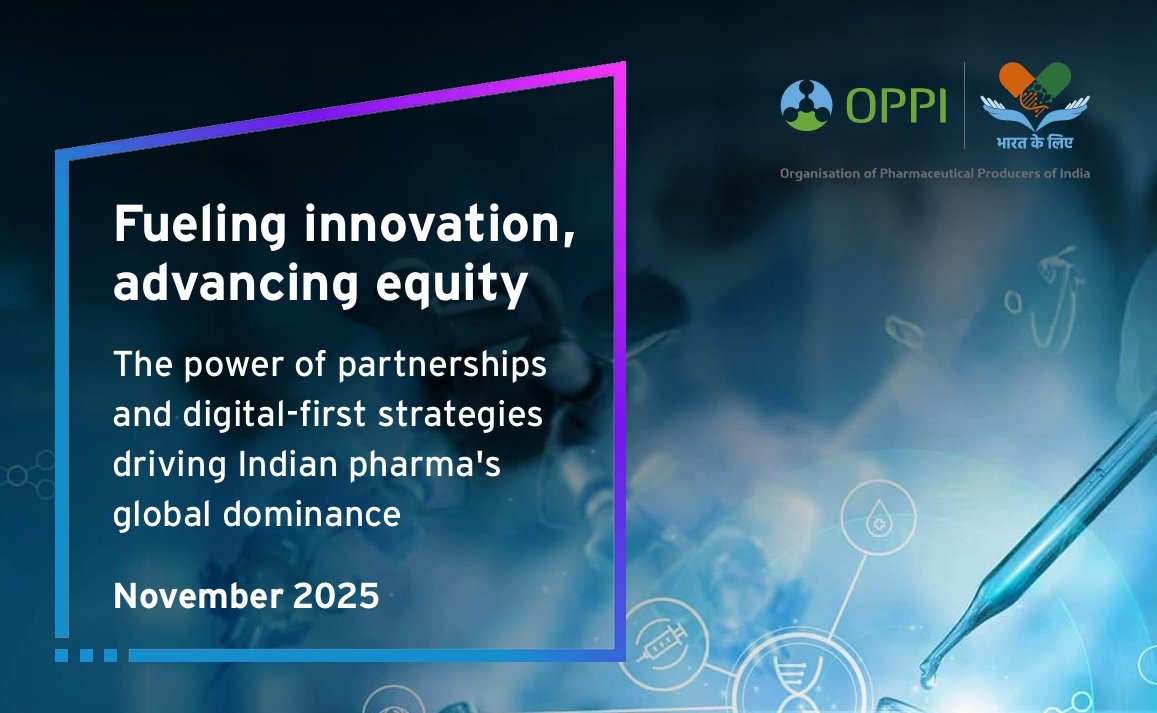Can ‘reversal programmes’ beat diabetes?
October 30, 2021 | Saturday | Views | By Sanjiv Das
Our modern way of life is at odds with the optimal functioning and upkeep of the ‘human machine’. Unreasonable demands on the body and mind, coupled with erratic food habits has only added to the overall deterioration of the body-mind equilibrium, leaving us with numerous ‘lifestyle’ disorders, which could have been avoided with a hard reset of our erring way of life as it stands. Unfortunately, there hasn’t been much of an improvement in that department and consequently we are faced with a burgeoning diabetes-affected population. Healthcare providers are in the fray to launch various diabetes reversal programmes, to tackle this calamitous national (and international) healthcare challenge. We shall try and find out just how effective and viable these programmes are.
image credit- shutterstock
India has turned into the diabetic capital of the world with an alarming number of Type 2 diabetic patients. As per estimates there are more than 77 million diabetics in the country and by 2045, the number is going to grow to 134 million globally. Known to damage kidneys, eyes and hearts, and amputation, diabetes occurs when there is a lack of insulin being produced by the pancreas.
Doctors have been recommending several measures for diabetic patients. And a special mention can be made about diabetes reversal programmes which healthcare providers and medical professionals have been insisting on. Though the reversal programme doesn’t guarantee a diabetic free world, however, certain measures may lead to a decrease in diabetes.
Latest treatment options
A growing economy and rapid urbanisation has led many to adapt to a certain mode of lifestyle that is leading to obesity and other ailments which is ultimately leading to diabetes. It may be noted that senior citizens in urban settings are most prone to the disease.
There are various treatment options to reverse diabetes like losing weight through diet or exercise or both, usage of continuous glucose monitoring sensors, weight reduction medical procedures like bariatric surgery, usage of supplements, practicing yoga and meditation, undergoing massage, and spa therapies.
Mumbai-based startup Fitterfly Healthtech has joined hands with Roche Diabetes, Lal Path Labs, USV Pharma and leading doctors to launch an initiative. Says Dr Arbinder Singal, Co-founder and CEO, Fitterfly, “There is no cure for Type 2 diabetes, but the silver lining is that diabetes reversal is possible, which means one can reign control over the soaring blood sugar levels and keep them in check or within the normal range (less than 140 mg/dL). This will save one from the clutches of diabetes and also cut down on the cost of medicines and tests that need to be done routinely to keep a tab on blood sugars. The new-age diabetes care and management has taken a paradigm shift - advancements in medical technologies have helped make diabetes treatment more personalised and patient-centric, making diabetes reversal a possibility.”
For patients with Type 2 diabetes in South India, Dr. Mohan's Diabetes Specialities Centre in Chennai follows the ABCDE philosophy. A stands for Age and A1c. Those at younger ages and have less elevated A1c, say an A1c of 7 -10 per cent are the ones who are likely to achieve reversal. B stands for body weight or body mass index (BMI). The higher the body weight, the greater are the chances of going into remission, because there is more weight for them to lose. It is estimated that around 15 kg weight loss may be needed to achieve and maintain remission. C stands for C-peptide. This is a test to measure the amount of insulin produced in the body. The better the C-peptide levels, the greater the chances for remission. D stands for duration of diabetes. Those with shorter duration of diabetes are most likely to revert to normal. E stands for enthusiasm. Unless the person is highly enthusiastic and motivated, reversal of diabetes is either difficult, or if achieved, will not be sustainable.
In the north, Gurgaon-based digital therapeutics company, Breathe Well-being addressing diabetic people and assisting them to manage/reverse their conditions, reduce their dependence on medication and lead healthier lives. It has a personalised digital therapeutics programme called Breathe Well-being Diabetes Management Program (BDMP), which has recently received recognition from the American Diabetes Association (ADA). BDMP provides education, lifestyle advisory and health-related content as part of a curriculum customised according to a patient’s health profile and preferences.
To read the full story, click here


